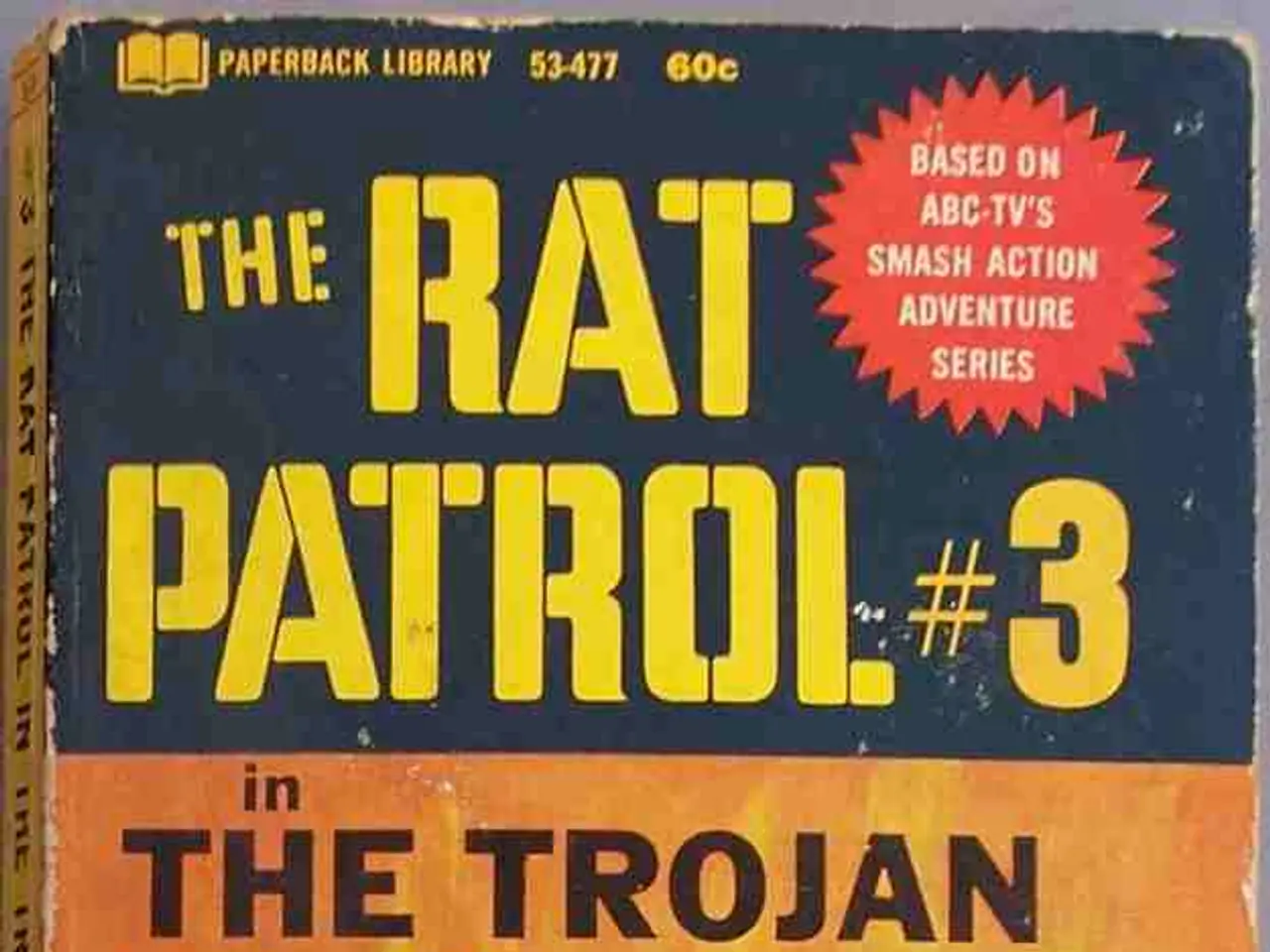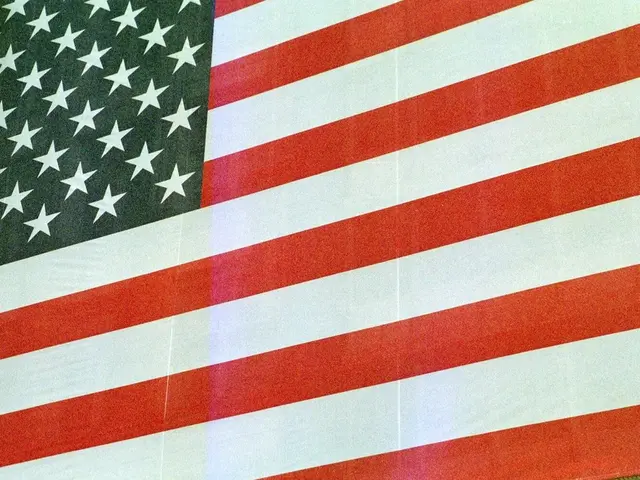Syrian territory in the south sees a rise in influence by Daesh, sparking concerns over potential Israeli strategies to fragment the nation
In the southern region of Syria, the resurgence of Daesh activities in Daraa has sparked concerns about potential instability and the possibility of Israel expanding its influence in the area.
Recent reports indicate that Daesh has executed an internal security officer in Daraa's eastern countryside, a move that is seen as a sign of the terrorist group's reactivation. This resurgence has raised fears of creating security vacuums that Israel might exploit for its own purposes.
Turkish officials have warned that Israel could use Daesh activity in Daraa as justification for its expansion. Militants have been infiltrating the region through secondary routes in the Sweida countryside, disguising themselves with false papers to blend into commercial convoys.
The infiltrations aim to revive sleeper cells, recruit locals, and demonstrate Daesh's ability to act both on the ground and in the media space. Civilians who oppose Daesh or cooperate with security forces may also become potential targets.
To combat this threat, a joint operations center has been planned, with the primary mission of combating Daesh activity in southern Syria. The center is expected to be based in Syria and operate at the request of Damascus to help rebuild local capacity.
The effectiveness of this Syria-based anti-Daesh coalition, which unites the Levant countries, will determine both the extent of Daesh revival efforts in the region and the success of Israel's earlier plans with rebel Druze factions.
The regional framework for intelligence sharing and coordinated operations against Daesh, consisting of Turkey, Jordan, Iraq, Syria, and Lebanon, was established in Amman in March 2025.
Daraa's geopolitical significance is highlighted, as it borders Sweida to the east and lies just north of the Israeli-occupied Golan Heights. The execution and infiltration movements in Daraa are viewed not only as signs of Daesh reactivation but also as potential cover for Israel's longer-term objective of reshaping southern Syria through a Druze corridor.
Deputy Foreign Minister Nuh Yilmaz stated in April 2025 at the Antalya Diplomacy Forum that dormant Daesh cells in southern Syria might be activated to legitimize Israeli expansion. Yilmaz argued that Israel's policies represent the greatest threat to Syria's sovereignty and stressed that the country "needs chaos" to legitimize its presence.
Officials warn that the group's strategy extends beyond targeting state personnel. There have been discussions about establishing an independent Druze authority in Sweida, a region with a significant Druze population, by Israeli and pro-Israeli voices.
As the situation in Daraa continues to unfold, the international community will closely monitor the developments and the actions of all parties involved to ensure stability and security in the region.
Read also:
- United States tariffs pose a threat to India, necessitating the recruitment of adept negotiators or strategists, similar to those who had influenced Trump's decisions.
- Weekly happenings in the German Federal Parliament (Bundestag)
- Southwest region's most popular posts, accompanied by an inquiry:
- Discussion between Putin and Trump in Alaska could potentially overshadow Ukraine's concerns







